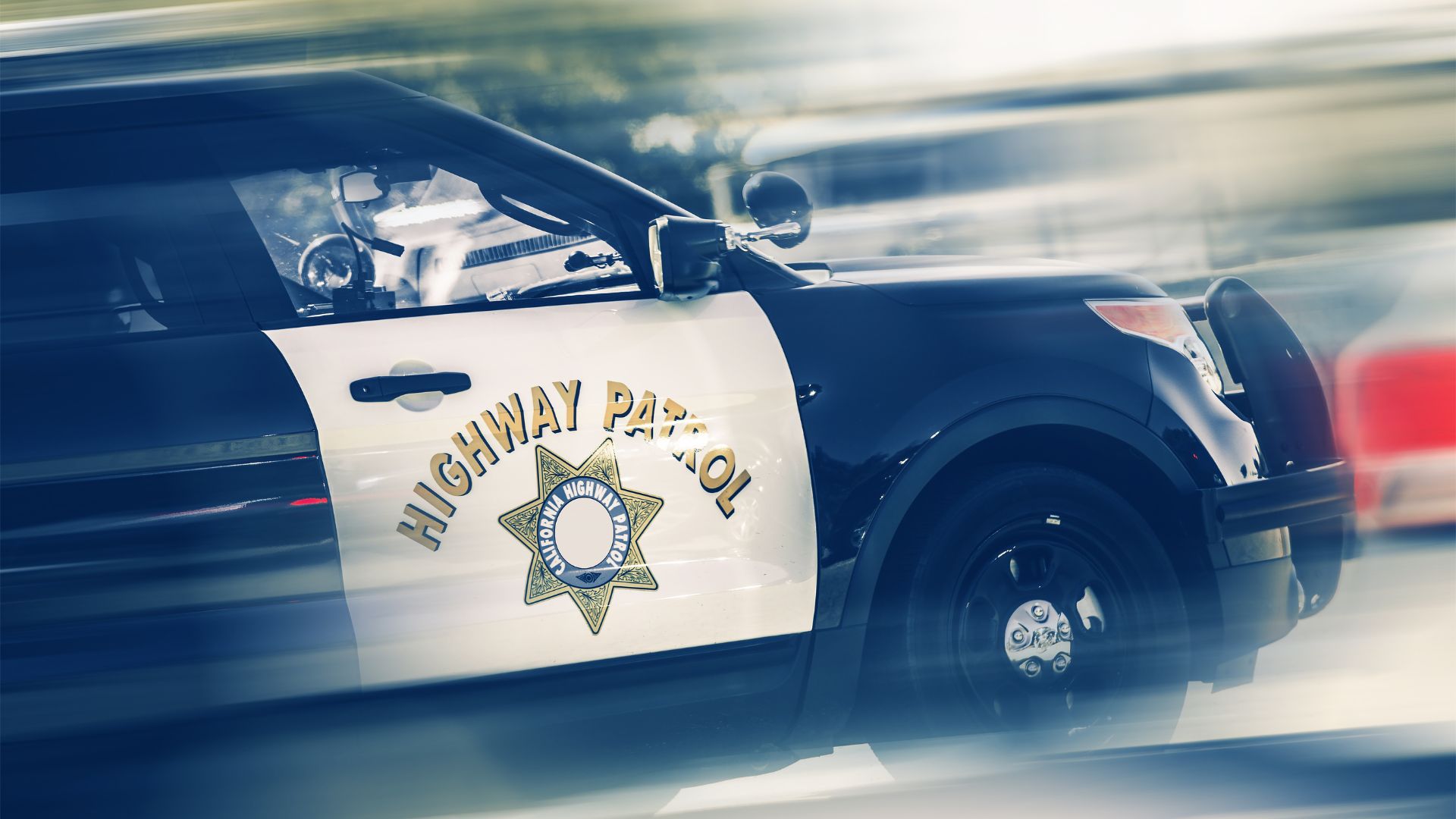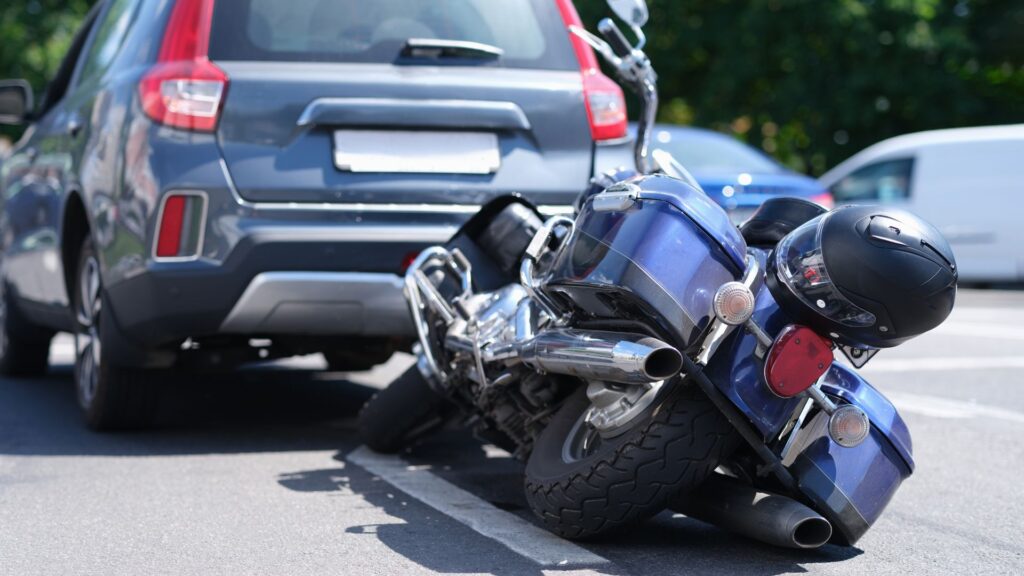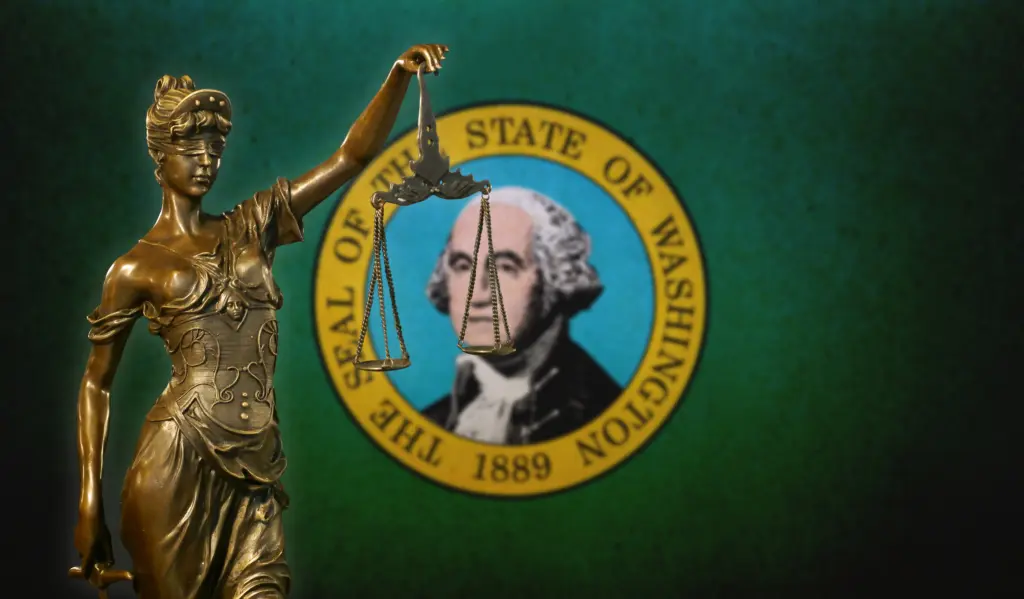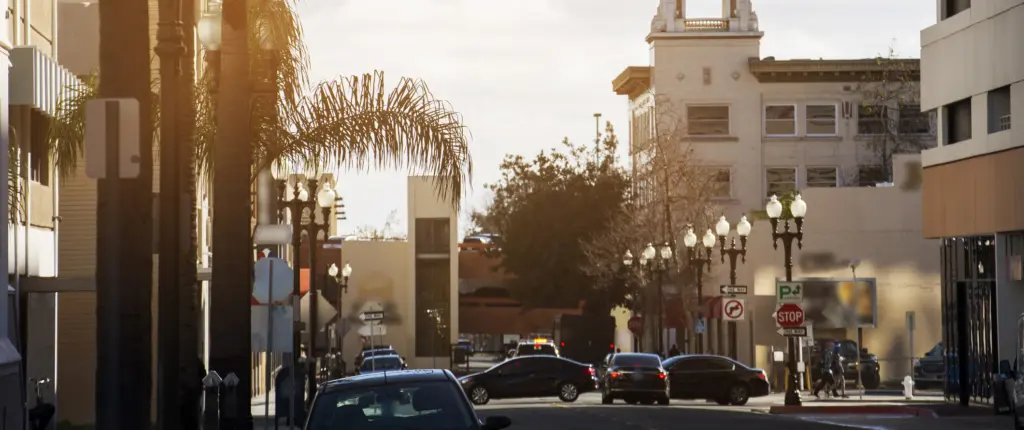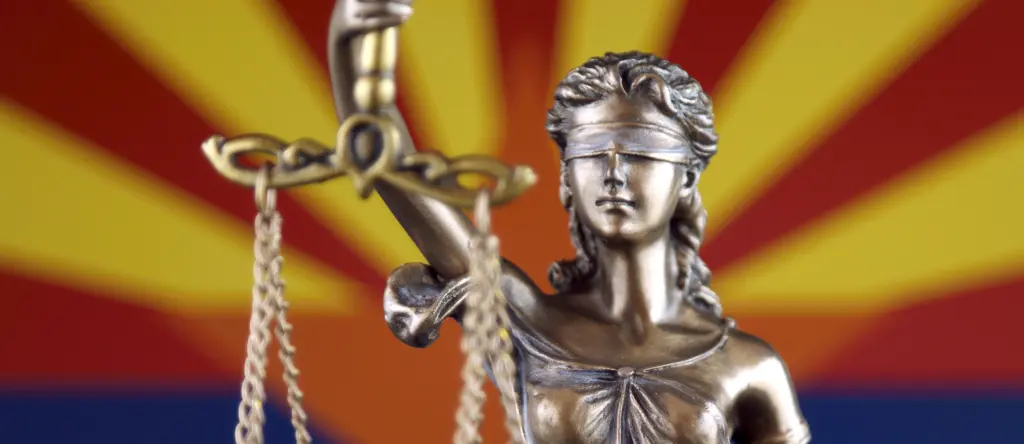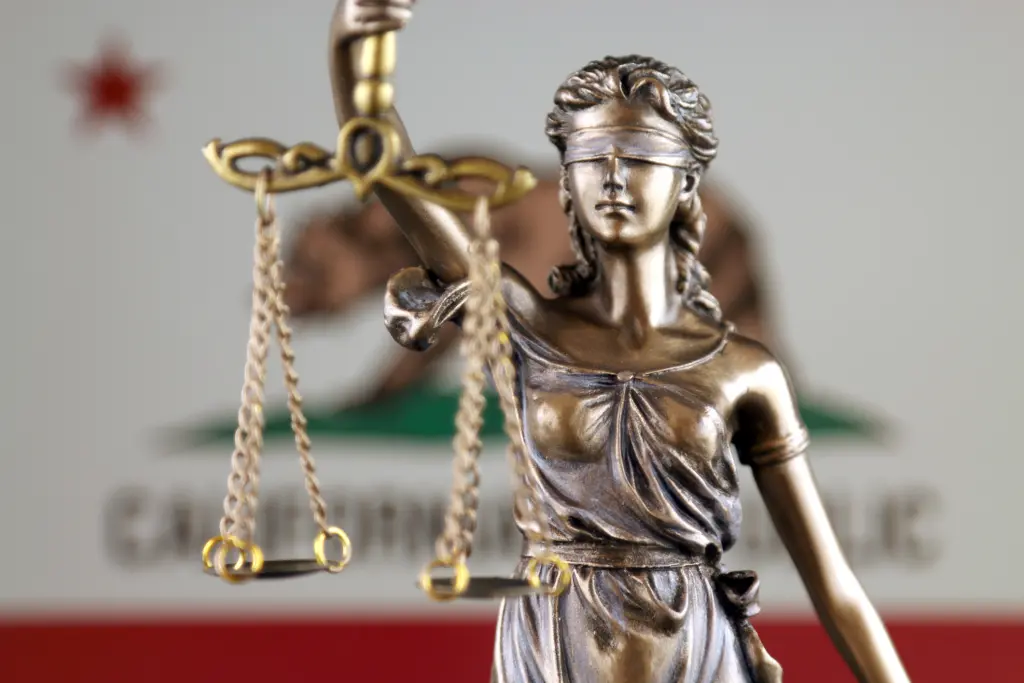High speed pursuits are some of the most dangerous and controversial aspects of law enforcement in California, because officers need to uphold the law and punish those who are breaking it. While officers are able to pursue individuals in cars and trucks, motorcycles on the other hand are more controversial due to their maneuverability and ability to reach higher speeds. Which begs the question, Can police officers chase down motorcyclists in California?
What is the No Chase Law?
The No Chase Law refers to a policy/regulation that restricts/prohibits law enforcement officers from engaging in high-speed pursuits under certain circumstances. This law is generally implemented to reduce the number of possible accidents that may occur for both the public and for law enforcement. While the No Chase Law is not applied in every state, there are variations of it to ensure local law enforcement that they are given the appropriate amount of freedom to subdue crime.
Does California Have a No Chase Law for Motorcycles?
California does not have a specific No Chase Law that completely restricts a police officer’s duty to pursue vehicles in high-speed pursuits, but instead, they have a guideline that restricts them to pursue motorcyclists if the conditions are not appropriate enough for them to start a pursuit.
In fact, California’s No Chase Law is outlined in California Penal Code 13519.8 where it states how law enforcement officers are to follow proper training and protocols in order to start a high-speed pursuit, and California Vehicle Code 17004.7 provides immunity to California officers from being sued for damages in high-speed vehicle pursuits, but only if they follow certain guidelines.
While the consideration that allows officers to either start or end a pursuit is often dependent on a case-by-case basis, they are required to weigh the necessity of apprehending the suspect against the potential risks posed by the pursuit. This consideration often leads to decisions to terminate chases, especially when the suspect is on a motorcycle due to the increased risk of severe injury or death, but these guidelines are designed to minimize the risk to public safety and the number of potential accidents that may occur in a high-speed motorcycle chase.
Can Cops Hit Motorcycles in a High Speed Pursuit?
In California, police officers are generally prohibited to use their vehicles to hit a motorcycle during a high-speed pursuit because it would drastically injure the motorcyclist and they may potentially suffer fatal injuries. While the “Pursuit Intervention Technique” (PIT) is a maneuver used to stop fleeing vehicles by hitting the rear side of the vehicle, this technique is only applicable for four-wheeled vehicles. Therefore, officers would be required to use alternative methods to force motorcyclists to pull over such as setting up roadblocks.
What States Have a No-Chase Law?
California, Massachusetts, Oregon, and Washington all have a No Chase Law for motorcycle pursuits if the conditions of the chase were deemed too damaging and dangerous to the general public and to fellow law enforcement. While the No Chase Law is dependent on situational conditions and varies from one law enforcement agency to another, the decision to pursue a motorcycle is not taken lightly because should officers begin a pursuit, it can potentially create an accident where multiple people can be harmed. In cases such as these, it is important for accident victims to seek legal representation in order to recover damages.
What Should I Do if I Was Injured in a Motorcycle Chase?
If you were injured in a motorcycle chase it is vital that you stay calm, carefully assess the situation and seek medical attention immediately. As motorcycle accidents can cause a variety of injuries from the mild to the severe, any injuries sustained in an accident can be fatal if it is not treated properly.
While motorcycle chases are rare in California, but if you have been injured in one and would like to seek legal representation on the matter, contact us at West Coast Trial Lawyers today by calling (213) 927-3700 or filling our contact form to schedule a free consultation with our compassionate and talented legal team.
